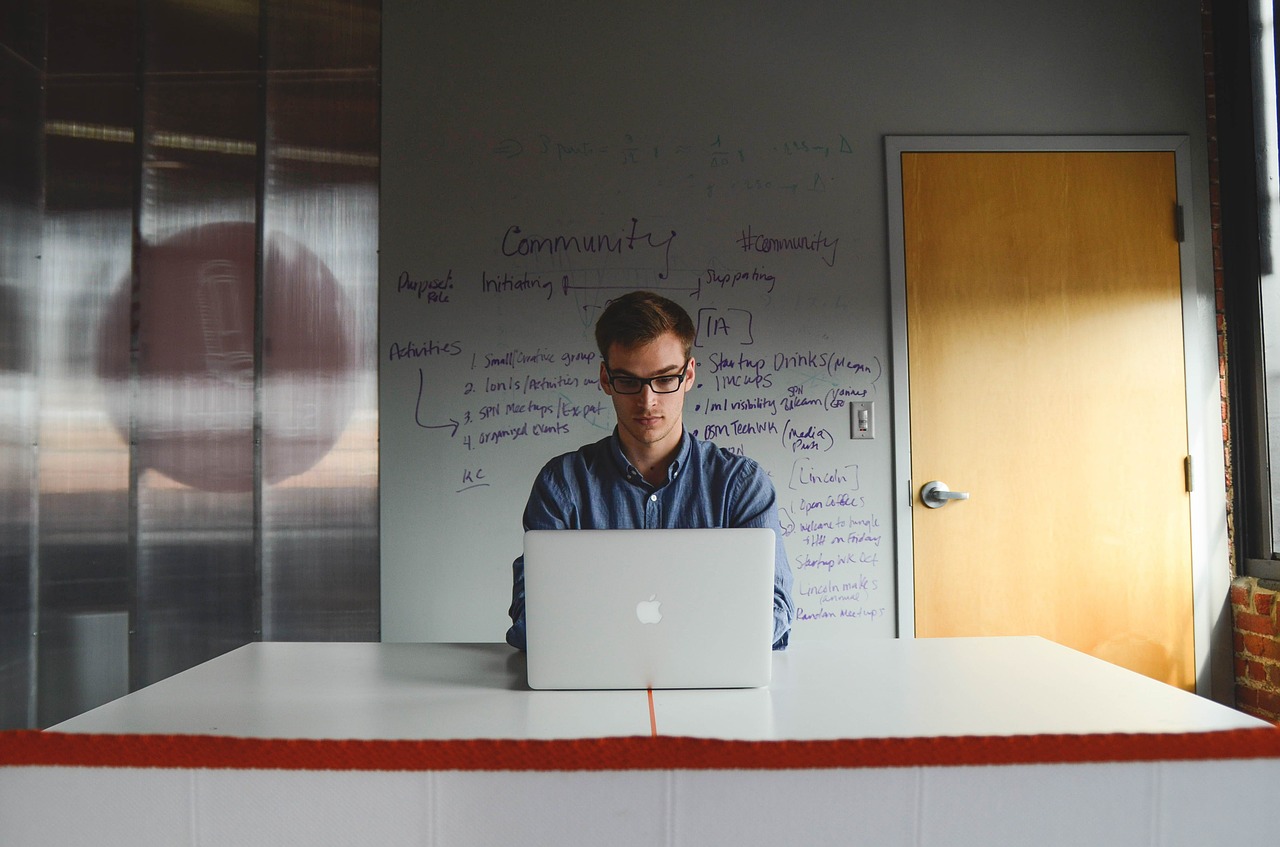Entrepreneurs often let their work consume their lives, but it is a myth that such devotion is necessary for success. In fact, when entrepreneurs push themselves too hard, they often make the road to success much more difficult by neglecting their physical health or developing mental health conditions like anxiety and depression.
As an entrepreneur, you need to find a life-work balance that allows you to maintain a handle on your business while attending to self-care and getting some enjoyment out of life. Most entrepreneurs will fall into a pattern of pushing themselves too hard if they do not consciously make the decision to find balance.
Some ways that entrepreneurs can avoid spreading themselves too thin include:
Trust other people to help.
Many entrepreneurs find it difficult to give up control. However, it is impossible to achieve balance in life without entrusting other people with certain tasks. Make it a priority to hire and train people you can trust and empower them to take on responsibility. Doing this will reduce your overall workload. Delegation is extremely important, but you can’t give up everything, so it’s important to determine what you can give to someone else and what should stay on your plate.

Sometimes, it helps to remember that the person you delegate a responsibility to will have more time and energy to attend to the task than you do, so their work may actually be better than yours. Before you have an in-house team, consider outsourcing some of the less important tasks to freelancers. Don’t forget that you can also “outsource” many of your non-work responsibilities, such as cleaning the house, mowing the lawn, or grocery shopping. Doing this will allow you to spend your time at home (or out and about) relaxing and recharging, rather than doing chores.
Pay attention to your body.
Everyone is different, so it’s important to learn to pay attention to your body so that you can recognize your physical needs. While some people have a lot of stamina and can be on their feet for 16 hours at a time, others may need a short nap or some downtime in between to keep themselves sharp. Some people are at their best and brightest in the morning, while others are true night owls. When you don’t pay attention to your physical cues and internal clock, you probably won’t be able to perform at your peak. Paying attention to your bodily needs, from hunger and thirst to exhaustion, is not a sign of weakness, but rather a demonstration of your commitment to keeping your mind and body working effectively. In addition, taking the time to listen to your physical and emotional needs can help you recognize what you need to keep yourself happy and healthy. In other words, it can help you determine your priorities.
Be true to yourself.
One of the problems entrepreneurs frequently encounter is feeling burnt out when they try to stay in a “character” they have created for themselves. Often, business leaders want to project a certain persona to employees, colleagues, investors, and others. Unfortunately, doing this requires a lot of energy that would better be channeled into something else. Keep in mind that innovation and creativity often come from a place of authenticity; it’s hard to be innovative—or even productive—when a large portion of your mental energy is devoted to keeping up a front. What’s more, focusing on projecting an image can hold you back from developing the skills you need to realize success. Finally, creating a persona can lead you to take on more responsibility than you can handle. Know yourself, learn to honor your limits, and admit when you do not know something. This admission is not a sign of weakness, but rather wisdom.
Make a schedule.

Too often, entrepreneurs make lists of things they need to do, which can be problematic when it comes to taking on too much at once. This list can make people feel overwhelmed, and they’ll typically try to tackle as much as possible instead of putting all their concentration into a single task. Remember that multi-tasking is a myth. While many things may get accomplished, the quality of the work will most likely suffer. A better approach is to create a prioritized schedule for everything that must be done and ensure that adequate time is dedicated to each task. Additionally, block off time for your personal life, including free time with friends and family, as well as self-care and professional/personal development.
Take occasional sabbaticals.
Especially when first establishing a business, entrepreneurs typically feel like they cannot take a vacation. However, working 24/7 will quickly exhaust you, and scheduling time to recharge is important. As your team gets established and you feel more comfortable spending time out of the office, start scheduling breaks, which can help you clear your mind and improve your overall wellbeing. You may even want to consider a longer sabbatical of up to a month if you possibly can. Identify less busy periods for your business, so you feel less guilty about taking time away from the company. If you stress about being away the whole time, you won’t actually recuperate or recharge. Taking this time away from work can increase your energy, focus, and creativity when you’re back in the office, but only if you allow yourself to relax.

 Joanna (Jo) Riley is an entrepreneur, investor, and advocate in technology, and is currently the CEO and Co-Founder of Censia. Jo has a highly experienced background in building and scaling companies, which she attributes to her deep passion for people and building technologies that allow people to be their best selves. She brings her wide knowledge of the industry to better transform the way enterprise companies hire talent. You can connect with Joanna Riley at @joannakiddriley on
Joanna (Jo) Riley is an entrepreneur, investor, and advocate in technology, and is currently the CEO and Co-Founder of Censia. Jo has a highly experienced background in building and scaling companies, which she attributes to her deep passion for people and building technologies that allow people to be their best selves. She brings her wide knowledge of the industry to better transform the way enterprise companies hire talent. You can connect with Joanna Riley at @joannakiddriley on